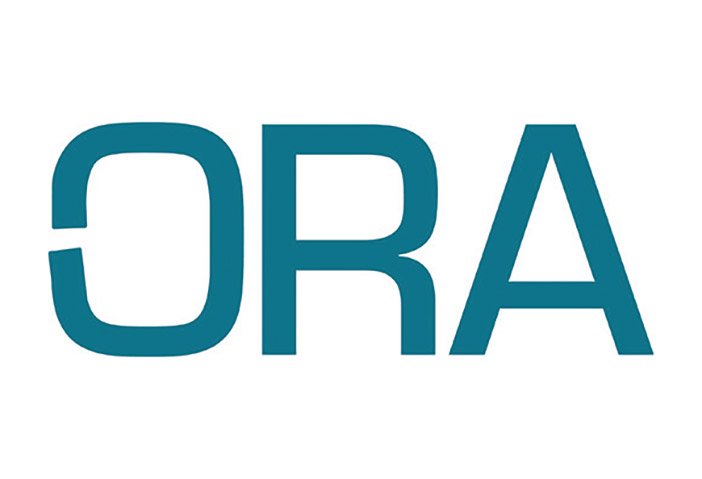

The Organization for the Resolution of Agunot (ORA) will be hosting a mediation workshop for its staff members in April as part of its ongoing effort to assist agunot in the Jewish community. Teaneck community resident Adam J. Berner, who specializes in mediation and collaborative family law, will lead the session for rabbis, social workers and other staff who are involved in the organization.
ORA works toward the goal of developing its staff, who are out in the trenches helping families reach resolutions, hopefully averting the agunah problem. To that end, the organization has turned to seasoned mediator and trainer Berner. On April 16, Berner will be offering a practical, hands-on training to the ORA staff in mediation and conflict-resolution skills. These skills can make all the difference in helping guide a divorcing couple to make the right decisions, for themselves and their family, in how they choose to get their divorce—both Jewish and civil.
With 25 years of experience working with divorcing couples, and as one of Bergen County’s most experienced family mediators, Berner specializes in helping families reach their divorce settlement together, in a problem-solving way, instead of against each other in an adversarial manner. He notes that “if the only tool to get a person to give (or receive) a get is through pressure or coercion, then we are limiting ourselves in how to help these families. Often pressure can backfire and it is met with greater resistance. Through a more sophisticated and wise engagement with divorcing spouses, sensitive to the concerns, needs and interests of both spouses, there is often a way of reaching better outcomes,”
ORA’s professional staff includes Rabbi Jeremy Stern, executive director; Keshet Starr, managing director; and Jennifer Lankin, assistant director of programming and development. ORA’s ever-expanding staff includes rabbis and social workers.
A resident of Hillside and a lawyer by profession, Starr is highly experienced in litigation on behalf of survivors of domestic abuse. She is able to situate the get process within the larger divorce procedure and serve as an advocate for the often complicated situation. According to Starr, “In the majority of our cases we are able to amicably facilitate the get process by using conflict-resolution skills.” To date, ORA has resolved 285 cases.
ORA’s advocacy services consist of four components: agunah advocacy, emotional support, get subsidies and educational programs. Through agunah advocacy, ORA’s caseworkers implement an individualized plan of action for each case, navigating between Jewish and civil court systems. They also rally public support when needed in the form of applying financial, legal and social/communal pressures upon the recalcitrant party.
Emotional support is key to the agunah’s journey. ORA supports agunot with knowledgeable resources and a sympathetic ear through the journey to freedom. ORA also subsidizes the often weighty cost of the get document so that the cost is never a deterrent.
In educating the community about the urgent issue of agunot, ORA has established the Agunah Prevention Initiative, which raises awareness in Jewish communities, schools and on college campuses about the plight of agunot and the preventative solution of the prenup.
Founded in 2002, ORA responded to the plea of Jewish women held captive by their husbands’ refusal to grant them a proper get. ORA seeks to eliminate potential abuse from the Jewish divorce process by working within the parameters of Jewish and civil law to advocate for the timely and unconditional issuance of a get. ORA operates under the halachic guidance of Rabbi Herschel Schachter, rosh yeshiva at the Rabbi Isaac Elchanan Theological Seminary (RIETS).
Key to its mission is the unequivocal endorsement of a young couple’s signing of the binding prenuptial agreement. Drafted by leading rabbis and scholars, led by Rabbi Mordechai Willig, rosh yeshiva at Yeshiva University and Segan Av Beth Din at the Beth Din of America, the document has proven 100 percent effective in preventing get refusal and fostering trust in marriage.
Berner notes that the beginning of each divorce case is the critical time to shape whether the course of divorce will be constructive or destructive. The more tools that are available to work with divorcing couples, the more likely better outcomes can be reached. “It is my hope that through the upcoming workshop, the ORA team will have a better appreciation and skill set to engage with members in our community who are in need of their services and who can avert the destructive outcome of adversarial divorces, including agunot. Litigious divorces play out in rabbinic courts as much as they do in civil courts. I see as my goal to help any family or any professional working with divorcing couples to maximize the chances of reaching an outcome that works for all family members and am glad to help the ORA team who shares in these same goals.”
By Pearl Markovitz









